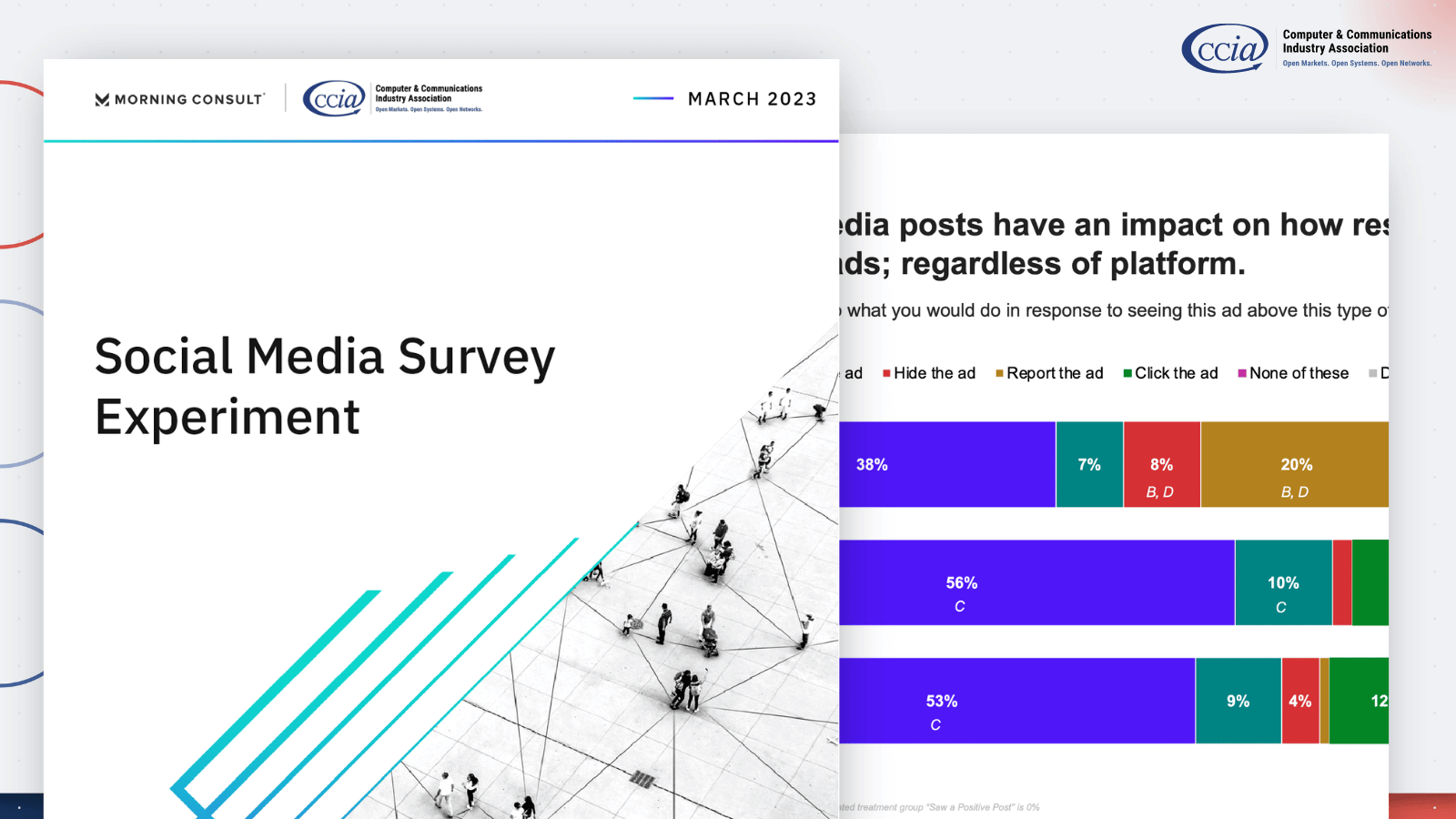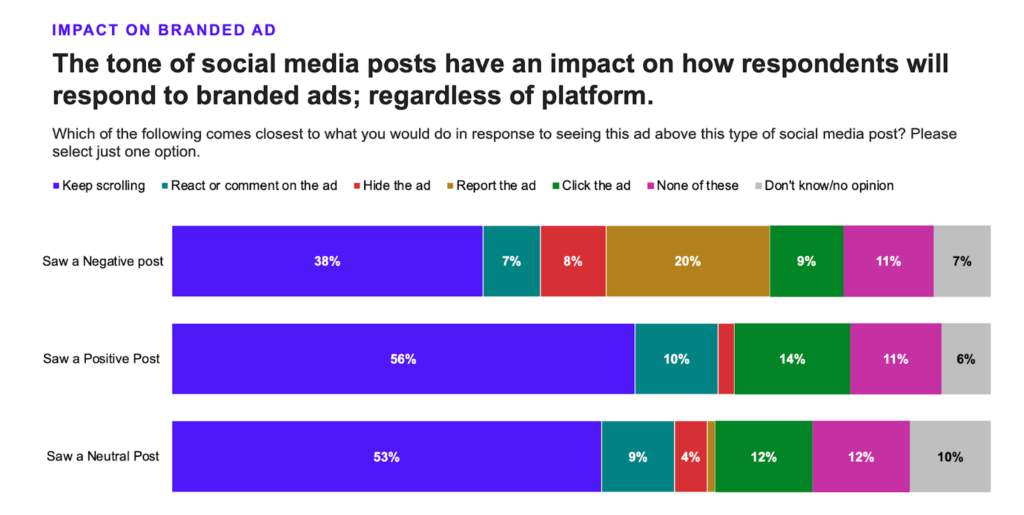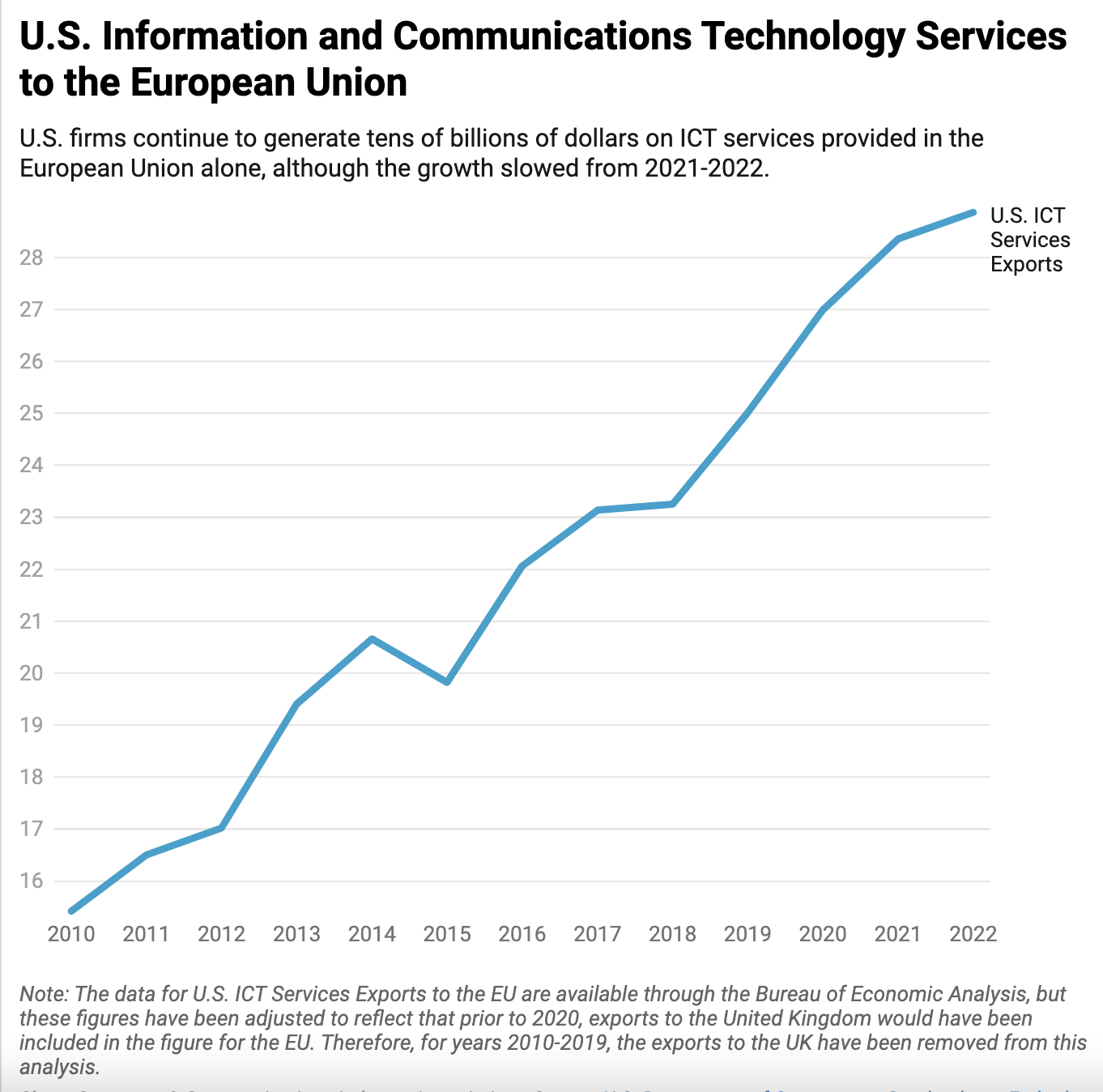Must-Carry Policies Would Damage Intermediaries, Brands and the Digital Advertising Economy

Policymakers around the world are increasingly considering “must-carry” policies, which require digital intermediaries to carry all legal third-party content, some of which may be considered hate speech or objectionable by users. The must-carry policies being considered would not only damage the intermediary hosting the objectionable content, but it would also hurt brands that advertise on the intermediary, and threaten the digital advertising economy.
A recent CCIA research center survey facilitated by Morning Consult examined how hate speech on social media impacts social media users’ opinion of social media sites and the brands that advertise on them. Survey respondents were randomly shown negative, positive, or neutral social media posts with the same brand advertisement across various social media sites.
The survey found that a must-carry policy would associate both the intermediary and advertisers on the intermediary with posted content. Specifically, survey respondents indicated that negative posts across all sites tested – Facebook, Twitter, and Instagram – have a negative effect on likeability for social media sites. The same can be said for advertisers. Survey respondents indicated that across all sites tested, negative posts have a negative effect on likeability for branded ads. The survey also found that after users view objectionable content or hate speech in a post, they like the intermediary displaying the objectionable content less. This means that must-carry laws, or forcing digital intermediaries to carry this content, risks damaging both the intermediary’s brand and advertisers’ brands.
A must-carry policy also would reduce the value of advertisements on the intermediary to potential advertisers. The Morning Consult survey found that the tone of the content on social media directly impacts the likelihood of users buying products from the branded ad shown. According to survey respondents, when a branded advertisement appears next to objectionable content or hate speech, users are less likely to buy a product from that brand. However, when a branded advertisement appears next to a positive or neutral post, users are more likely to buy a product from that brand.

According to the survey, digital intermediaries have an incentive to moderate content on their sites because not all content nor all engagement on the site adds value. The survey found that when a branded advertisement appears next to hate speech, users are more likely to report the ad. However, users are more likely to comment, react to, or click a branded ad when it is adjacent to a positive or neutral post. This further suggests that introducing a must-carry policy could threaten the digital advertising economy. Users would dislike the objectionable or hate speech content carried on digital intermediaries, likely reducing their usage of various sites and apps. Moreover, the potential of an advertisement appearing next to hateful content is a risk for advertisers’ brand reputations, pushing advertisers to invest less in digital advertisements on social media sites and other digital intermediaries.

The results from the Morning Consult survey further suggest that must carry policies forcing digital sites and intermediaries to host user-generated content would damage consumer sentiment toward digital intermediaries by requiring them to host hate speech and other objectionable content against their wishes. Additionally, hosting the harmful content hurts advertisers by decreasing consumer sentiment toward advertisers on the sites when their ads appear adjacent to hate speech. Due to these findings, intermediaries have an incentive to moderate hate speech on their sites because not all engagement adds value. In fact, hate speech engagement is actually of negative value for intermediaries and advertisers. Introducing a must carry policy would hurt intermediaries and advertisers, but also threaten the digital advertising economy.








